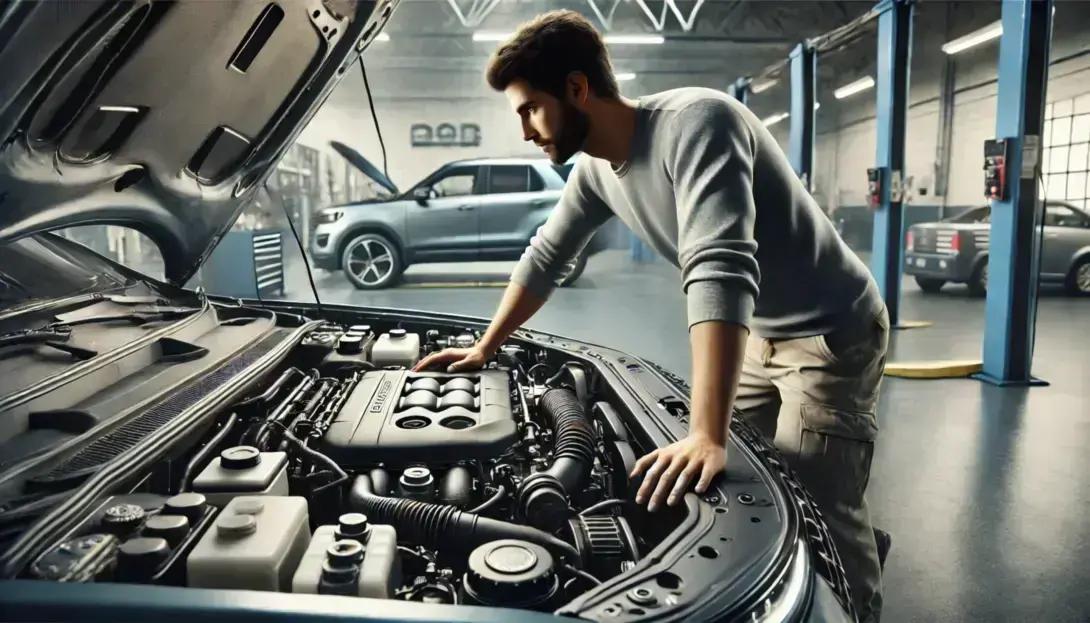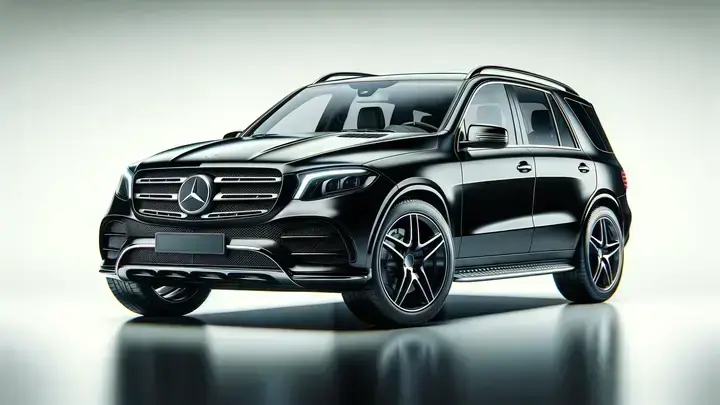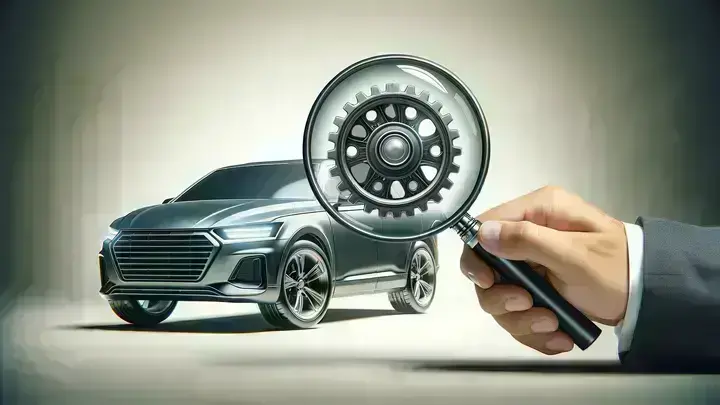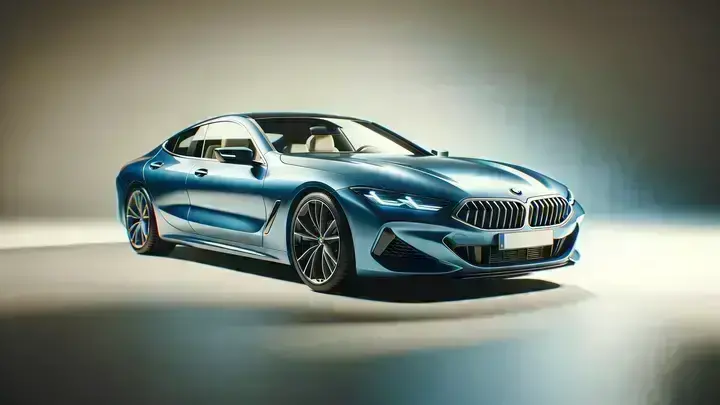Why won't my car start? Common causes and solutions
Why won't my car start? Common causes and solutions
There are few things more frustrating than a car that won't start, especially when you're in a hurry. But before you panic, remember that there are many potential reasons why your car won't start, and many of them are simple to diagnose and fix. In this blog post, we'll go through the most common causes and show you how to identify and resolve the issue.
1. Dead or faulty battery
Symptoms:
- No engine sound when turning the key: If there's no sound at all when you turn the ignition key, it could indicate that the battery is completely drained.
- Dim or no dashboard lights: Another sign of a dead battery is weak or no illumination of the dashboard warning lights.
- Electrical components like the radio or power windows not working: A dead battery will also prevent the car's electrical components from functioning.
Solutions:
- Jumpstart the battery: Use another car and jumper cables to give your battery a boost. Be sure to connect the cables in the correct order—first, attach the red cable to the positive terminal of the dead battery and the donor vehicle, then attach the black cable to the negative terminal of the donor vehicle and a ground point on the disabled car. Start the donor vehicle's engine and then try to start your car.
- Replace the battery: If your battery is old or faulty, replacement might be the only option. Make sure to choose a battery with the correct specifications for your vehicle. Battery replacement is usually straightforward and can be done with minimal tools.
💡 Good to know: Did you know that a car consists of many different components that are all necessary for smooth operation? If your car won't start, it could be due to a battery or starter issue, or less obvious problems like the alternator or the engine control unit (ECU). Regular checks can help detect potential issues early and avoid major repairs!
2. Faulty starter
Symptoms:
- A clicking sound when turning the key, but the engine doesn't start: This noise could indicate that the starter isn't working properly and isn't engaging the engine.
- No noise or engine movement: If there's no sound at all, the starter may have completely failed.
Solutions:
- Inspection: Have the starter checked by a mechanic. Sometimes, only the solenoid is faulty, which is cheaper to repair.
- Replacement: In many cases, the starter needs to be replaced entirely to fix the problem. This should be done by a professional since the starter can be hard to access and the replacement process is complex.
3. Alternator problems
Symptoms:
- Warning lights on the dashboard, especially the battery light: If the battery light comes on, it could indicate that the alternator isn't charging the battery properly.
- Flickering or dim headlights: Another sign of a faulty alternator is flickering or dim headlights.
- Electrical issues: If various electrical components of the car aren't functioning properly, it could be due to a faulty alternator.
To learn more about recognizing and addressing alternator problems, check out our detailed blog post on alternators.
Solutions:
- Diagnosis: A workshop can test the alternator to see if it's delivering enough power. This can be done using a multimeter or specialized diagnostic tools.
- Repair or replace: Depending on its condition, the alternator may be repaired or replaced. Replacement is often the safer long-term solution.
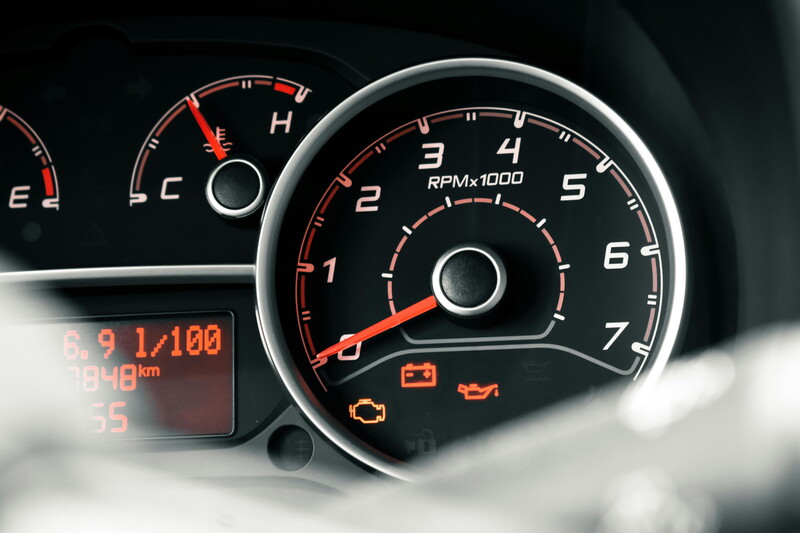
4. Fuel issues
Symptoms:
- The engine cranks but doesn't start: This could indicate that the engine isn't getting fuel.
- Engine stuttering or hesitation: If the engine stutters or hesitates, it might point to problems with the fuel supply.
- Misfires: Misfires can also indicate fuel issues.
Solutions:
- Check fuel level: It might sound obvious, but check if there's enough fuel in the tank. An empty tank is a common cause of starting problems.
- Replace fuel filter: A clogged fuel filter can prevent the engine from starting. Regular replacement of the filter can prevent this issue.
- Inspect fuel pump: A faulty fuel pump needs to be replaced, as it won't supply the engine with enough fuel.
5. Ignition problems
Symptoms:
- The engine cranks but doesn't start: This could indicate ignition system issues.
- Irregular engine running or misfires: If the engine runs irregularly or has misfires, it might indicate faulty spark plugs or ignition cables.
- Misfires: Misfires can also indicate problems within the ignition system.
Solutions:
- Check spark plugs: Old or dirty spark plugs can be replaced to improve ignition performance. This is a simple and cost-effective step you can take yourself.
- Inspect ignition cables and coils: Damaged ignition cables or faulty coils can prevent the ignition spark and should be replaced. This should be done by a professional as the replacement can be complex.
6. Engine control unit (ECU) issues
Symptoms:
- Error messages on the dashboard: Illuminated check engine light or other warning lights can indicate problems with the ECU.
- Irregular engine running: If the engine runs unevenly or performance fluctuates, it might indicate an ECU problem.
- No response when turning the key: If the engine doesn't respond at all, the ECU could be faulty.
Solutions:
- Diagnosis: An OBD-II diagnostic tool can read error codes and help identify the issue. These tools are available in many workshops and can also be used by car dealers.
- Reset or replace: Sometimes, resetting the ECU can fix the problem. In severe cases, the ECU must be replaced. This should be done by a professional, as replacement is complex and requires specific knowledge.
Conclusion
When your car won't start, it could be due to various issues. Often, these are simple problems that can be easily fixed. By checking the most common causes and trying straightforward solutions, you can often prevent a minor defect from becoming a major issue. If your car still doesn't start after these steps, it might be time to consult a professional or consider selling the vehicle. At CashforCars.de, we specialize in buying used, damaged, and accident-damaged vehicles. If your car no longer starts reliably and you want to sell it quickly and easily, we are the right partner for you. Simply call us at +49 (211) 7306 1701, send us a WhatsApp message, or fill out our online form to receive an offer right away.
